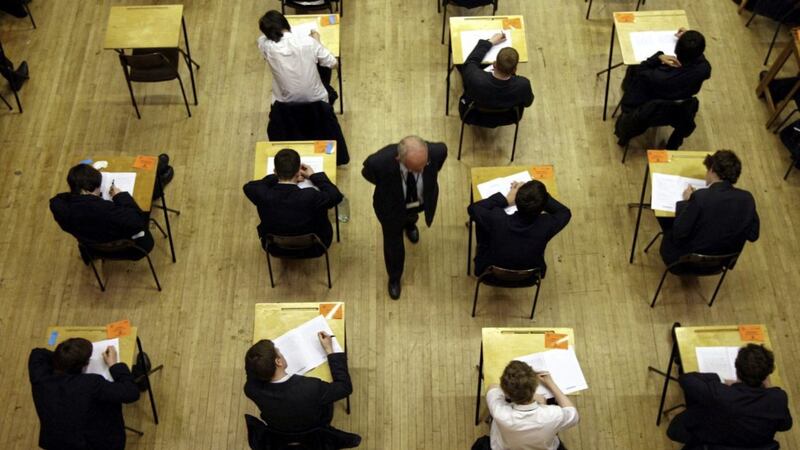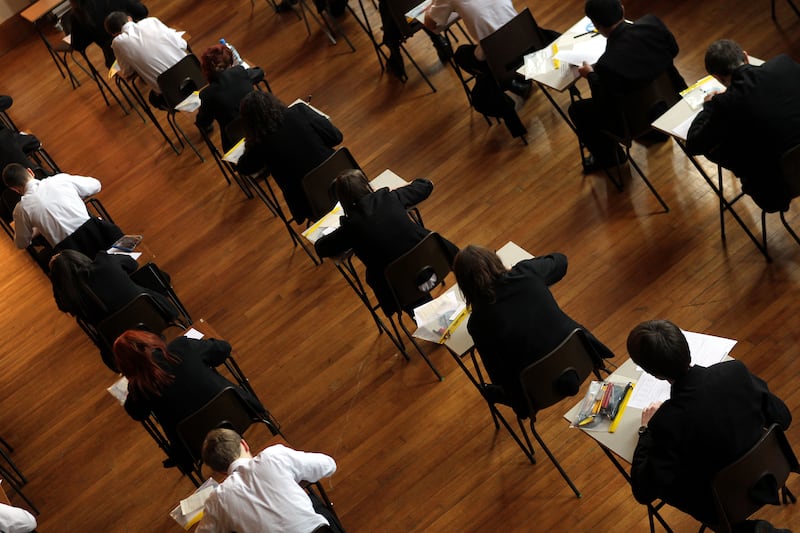MINISTERS must act now to reduce significant risks around exam grading this summer, a report has warned.
Young people could be harmed and the reputation of the qualification awarding process damaged if risks are left unmitigated.
A paper from the Education Policy Institute (EPI) warned that learning losses could be masked by the process of using teacher judgments to assess grades, leaving students in further study or work without the skills and knowledge they need.
The think tank has urged government to consider allowing pupils to repeat a year of education, where this is supported by parents, to tackle extreme cases of learning loss.
It added that there was a risk of inconsistency and unfairness of grading between different schools and colleges, and between students, as well as a risk of significant grade inflation this year.
Public exams have been cancelled for a second year.
While England has said it will use teacher predictions to award grades, there has been no similar decision in the north.
Education Minister Peter Weir has said an announcement on alternative awarding arrangements for key examination years is "expected shortly".
Mr Weir will be keen to avoid the chaos of last summer.
With no papers taking place, young people were originally given calculated grades based on past performance and teacher predictions. The CCEA exams board then standardised grades to ensure results were not significantly higher than previous years. Several schools and pupils reported being downgraded significantly. Mr Weir later said the higher predicted grades would be honoured.
EPI's warning comes as a consultation on how A-level and GCSE pupils will be awarded grades this year is closing.
It said final grades should be released in August to allow enough time for quality assurance.
It added that pupils in all schools and colleges should take a short, standardised assessment between May and June in most subjects to help assure parents that grading is as fair and consistent as possible.
"While we agree that the government has selected broadly the least worst option on grading in 2021, the risks of a major public policy disaster are still uncomfortably high," said David Laws, EPI executive chairman.
"Asking teachers and schools to set grades themselves in a year of significant and differential learning loss is an extremely challenging task. There is a risk of significant grade inflation and, perhaps more worrying, major inconsistency in the way different schools and colleges award grades.
"The clearest possible advice and guidance to schools and colleges, along with intelligent and proportionate quality assurance, are both needed if the grades awarded this year are going to have the credibility and respect which students, parents, employers and education providers will want."








